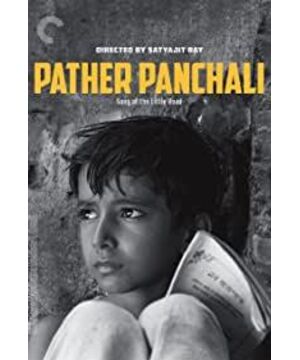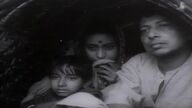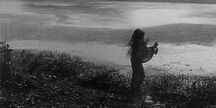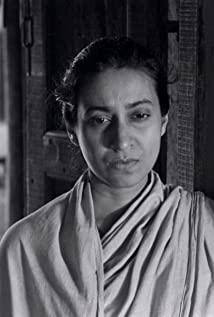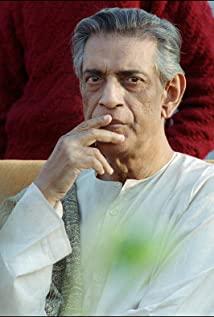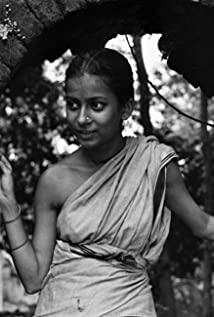The image of my aunt is both pitiful and hateful. Wiping oil, throwing kittens, rubbing scarves, and courting others' homes, portrayed their disgusting side. Leaving around and leaving alone is extremely sympathetic, such as the smile when eating fruit, and the gratitude and nostalgic smile to the mother of the two children before his death, which makes people have to have a complicated emotion towards her.
Compared with the behavior that adults hate each other, the sympathy and innocence of children that have not been divided by reality is abrupt, but it also reflects the stages of development of things. Stealing fruits may seem ignorant, but in fact it is also a kind of confrontation and helplessness for children through immature behavior.
The child’s mother is also a complex of tragedies, hopelessly expecting and disappointed with her immature and unrealistic husband, and unable to change her own situation. At the same time, there is also a hatred and pity towards the aunt. This kind of ambivalence is also reflected in the orchard owner. After seeing the tragic situation of the "thief" family, the previous blame was swept away and only left. Compassionate, and at the same time began to question the reasonable behavior of selfishness in order to survive.
I was a little disappointed that when I saw the child’s mother read the husband’s second letter, I thought it was going to be the end of the play (stopped), and then described the plot of the loss of my daughter and house. I personally felt a little too hard.
View more about Pather Panchali reviews


